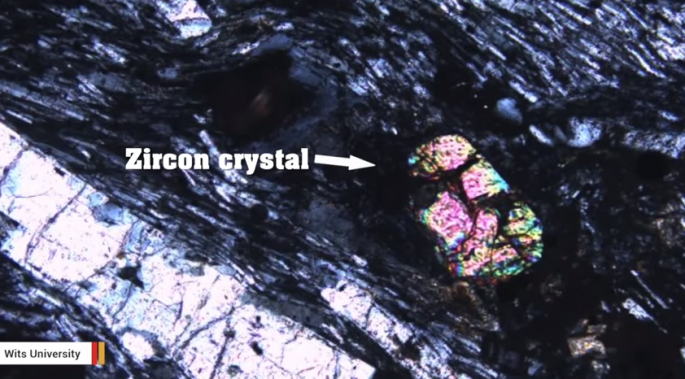Recently, scientists have revealed evidence of an ancient "lost continent" Atlantis, under the Indian Ocean of Mauritius. The new study unearthed mineral zircon in the continent formed part of present-day Madagascar and India. The new research unveiled that the rest of the continent probably sank beneath the sea 84 million years ago.
Scientists studied the rocks emitted up by lava during volcanic eruptions in the land of "Mauritia." Lewis Ashwal of the University of the Witwatersrand in South Africa discovered remnants of the mineral zircon, which were dated about 3 billion years ago. It would have been a dangerous place, which is covered in volcanoes and there would have been regular earthquakes.
The crystals were uncovered when volcanic lava helped bring them to the surface. Crystals covered in the three-billion-year-old stones submerged in the ocean prove that the continent sunk an incredible number of years ago. The supercontinent was wrecked out to become the largest continent.
These continents are Antarctica, Africa, Australia and South America. The hint to the discovery was finding an ancient mineral on Mauritius that shouldn't have been there, as noted on Daily Star.
"We are studying the break-up process of the continents, in order to understand the geological history of the planet," Ashwal said. He added that the continent was likely part of the enormous supercontinent Gondwana.
Professor Ashwal thinks Mauritia might be the confirmation of concealed mainlands which sank beneath the surface which is yet to be found. The research showed up in the British journal Nature Communications.
Mauritius is a volcanic island, which shaped by the eruption of volcanoes beginning at about nine million years ago. The island forms part of a series of islands, which is framed by a stationary hotspot volcano, presently located at Réunion Island. Beginning from profound inside the earth, the hotspot remains stationary while the sea's tectonic plates move crosswise over it, making a string of volcanic islands.



























